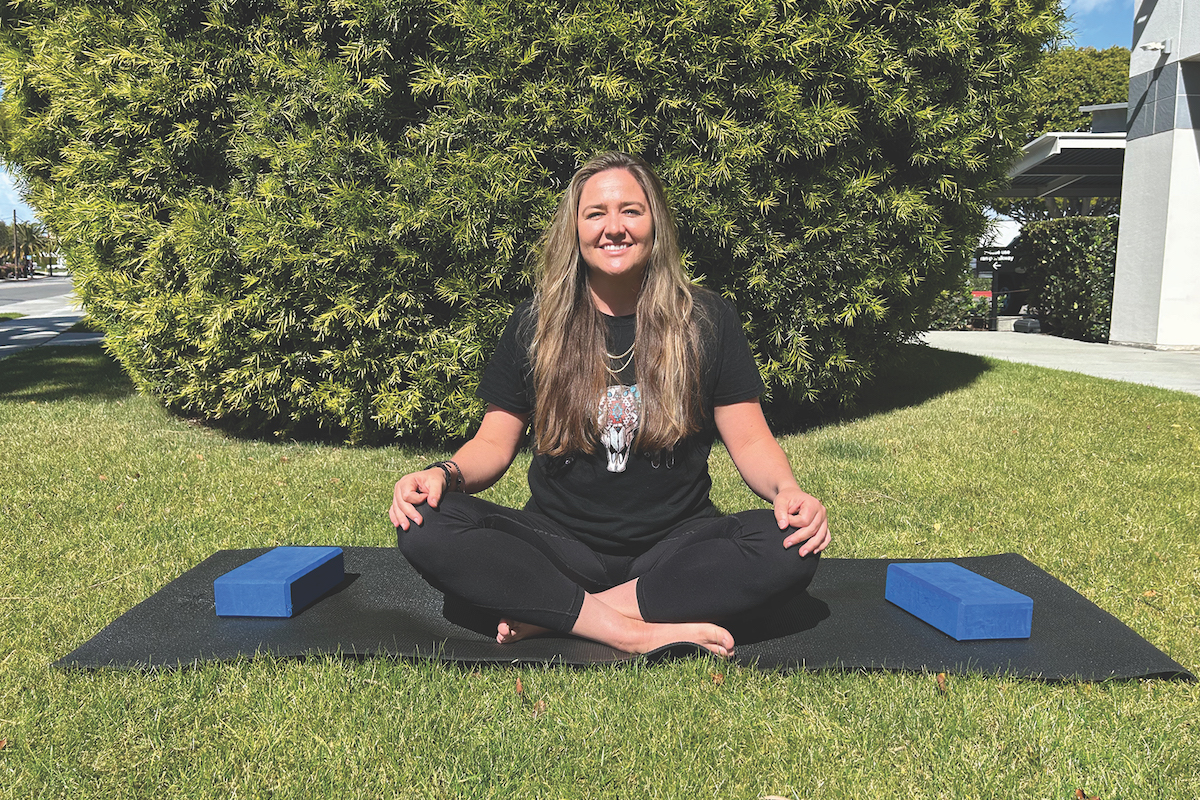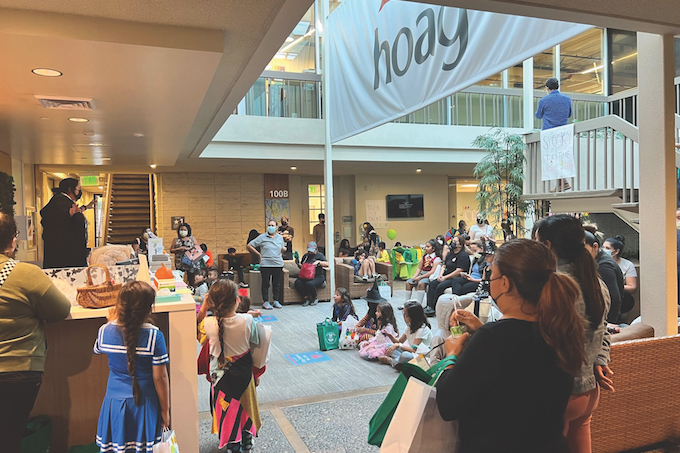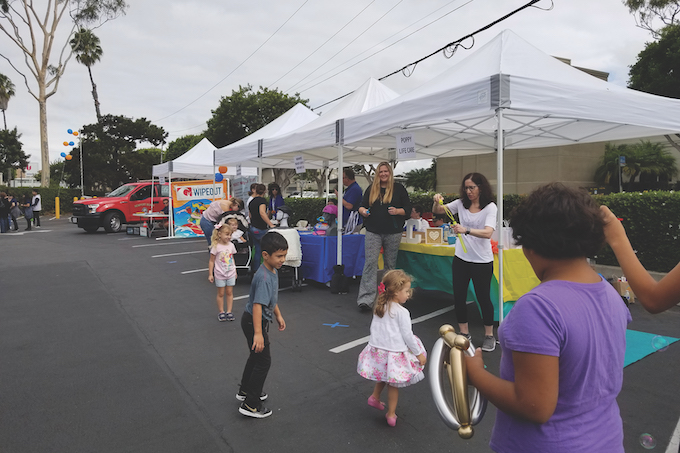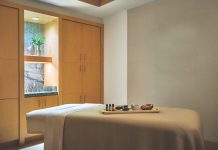
Poppy Life Care offers mindfulness and nutrition services to assist people dealing with anxiety, depression, addiction, sleep disorders, autism and more.
By Sharon Stello
Erica Solis, who has dealt with anxiety and depression, found that meditation, yoga, breathwork, mindfulness, music therapy and even nutrition helped her begin to heal. She wanted to share what she learned to help others and so, in 2018, she founded Poppy Life Care, an integrated holistic health group that serves families and individuals in the areas of mental wellness, behavioral health and overall well-being. While healing is a lifelong journey, she says these practices have had a profound effect.
“I’ve experienced how our holistic approach has impacted my life and the … [lives] of my clients,” Solis says. “Whether it’s overcoming anxiety, managing stress and even helping to heal gut-health issues, every facet of the human body and energetic system is interconnected. We cannot separate the mind from the body or the spirit from the body. Our programming supports healing at the energetic level along with the whole person.”

Poppy Life Care is based in Newport Beach at the Melinda Hoag Smith Center for Healthy Living, which provides some financial support for its nonprofit arm—Poppy Life Care Foundation—and space for both offices and in-person services such as a nutrition program focusing on hormone, women’s and gut-brain health. Some in-person services are also provided at another location in Irvine and the organization is expanding digitally across the country.
A new partnership with Rocket Doctor, which provides virtual clinics in several California cities, is helping the group reach out to people around the state, especially those in underserved communities. “We plan to develop more partnerships like these to help us reach the people in need of our services most,” Solis says. Grants and donations to its foundation, as well as a for-profit side of the business, help make services free for those who can’t afford them.
Poppy Life Care works with clients—some as young as 5—dealing with conditions ranging from anxiety to depression, attention-deficit/hyperactivity disorder, autism, behavioral disorders, addiction, chronic stress, diabetes, hypertension, gastrointestinal conditions and sleep disorders, while also helping with weight and pain management. The organization offers yoga, meditation, mindfulness techniques, sound healing, and nutritional education.
These services are offered “to complement a person’s total overall wellness,” Solis says, noting that all are available as needed, some via telehealth and some in-person. “… Our wellness coaches are trained in integrating each facet of the dimensions of wellness with mindfulness as the keystone component to sustainability, healing and long-term lifestyle changes.”
While the organization is mostly doing one-on-one, virtual wellness coaching currently, Solis hopes to pick back up with yoga and meditation sessions and even sound baths in the spring.

Research has shown that mindfulness-based stress reduction can help alleviate not only stress, but also anxiety, depression and chronic pain. And, in November, the JAMA Psychiatry journal published results of a study showing that mindfulness therapy can work as well at relieving anxiety as the generic form of Lexapro, an antidepressant often prescribed by psychiatrists. In the study, patients were divided into two groups: One took anxiety medicine and the other practiced mindfulness, which included 2½ hours of guided meditation a week plus 45 minutes a day on their own. In two months, both groups had experienced a 30% decrease in anxiety symptoms.
Science also informs Poppy Life Care’s “food is medicine” nutrition program, focused on the gut-brain axis. The vagus nerve—the main component of the body’s parasympathetic nervous system—connects and sends messages between the brain and digestive system. And, according to the American Psychological Association, about 95% of the body’s serotonin—which influences mood and gastrointestinal activity—is actually produced by bacteria in the gut, often called the body’s “second brain.”
“So it makes sense that what we put in our body is directly related to our mental health and behavioral health,” Solis says. “… Every person’s journey is unique to them. … Our programs provide the tools for managing and overcoming some of the toughest challenges life throws our way.”




